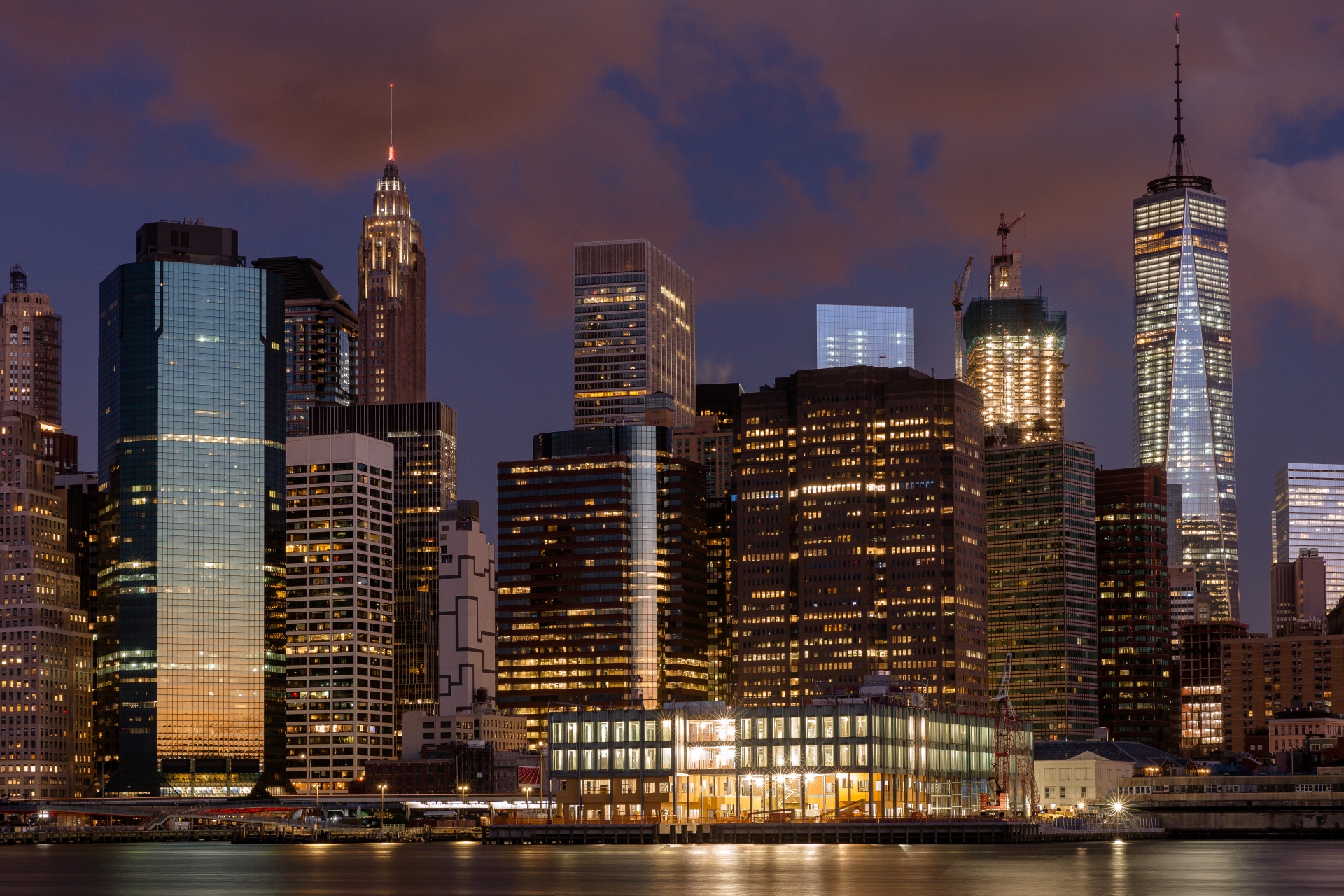Proposed bill would prohibit all ‘non-essential’ flights over New York


New Yorkers might live happily with the roar of traffic down Fifth Avenue, but it seems that some of them object to the noise of helicopters over the Big Apple. Now, some of the city’s senators are proposing a new bill that would severely limit all private and commercial helicopter flights over the city.
The Improving Helicopter Safety Act of 2019 looks to address noise complaints and safety concerns following several high-profile crashes by prohibiting all non-essential helicopters from flying within New York airspace.
“The safety and well-being of New Yorkers cannot be compromised for the sake of tourism or convenience” – the bill states.
So far, 19 city congress members, senators, and assembly members are publicly backing the bill – including representatives Carolyn Maloney, Jerrold Nadler, Nydia Velázquez and Brian Kavanagh.
In the announcement of the bill, congresswoman Carolyn B. Maloney wrote: “This past June, we were all reminded of the safety threat posed by non-essential helicopters when a pilot attempted to make an emergency landing and crashed into the AXA Equitable Center in my district in Midtown Manhattan.
“My colleagues and I have called on the FAA numerous times to impose additional regulations that would make New York City airspace safer, but we have yet to see sufficient measures be taken. That is why we have introduced the Improving Helicopter Safety Act of 2019 to finally protect the safety and wellbeing of New Yorkers.”
Specifically, the new bill will apply to: “Non-essential helicopters from flying in covered airspace of any city with a population of over 8 million people and with a population density of over 25,000 people per square mile — including waterways within the city’s jurisdiction.”
The definition of ‘non-essential’ includes any helicopter flown by a pilot with a Part 135 license (including non-scheduled charter and air-taxi flights) and Part 91 (non-commercial aircraft). Essential flights include law enforcement, emergency response and medical services. However, direct flights from “covered airspace” to airports are excluded from the proposed restrictions.
Finally, the bill directs the FAA to update helicopter flight charts to reflect the bill’s new covered airspace regions.
To see the full announcement, click here.
Industry response
As expected, the helicopter industry has fired back against the bill. With New York previously identified as one of the hot spots for the emerging urban air mobility market (UAM), this new bill casts severe doubts on the market’s future in the city.
The Helicopter Association International (HAI) released its own statement ‘strongly opposing’ the bill.
HAI claims that the bill is not an effort to improve the safety of fliers, but merely “draconian” legislation that it further disrupts a promising emerging industry.
Matt Zuccaro, president of HAI said: “With an industry advancing in terms of both urban mobility and unmanned aircraft, these politicians are looking back, not forward. There is no-one more focused on safety than the helicopter pilots and operators themselves.
“These politicians’ draconian solution to the perceived threat of helicopters is to put an industry out of business. We want to sit down and work in good faith to address the concerns of all stakeholders at the table.”
To combat the crackdown on helicopter flights in the city, HAI will establish the New York City Helicopter Task Force, bringing elected officials on board to act on behalf of the New York helicopter market to allay the concerns of epresentatives Maloney, Nadler and Velazquez and to develop another solution.
Warning signs
This proposed legislation was not unexpected. New York City has slowly been taking measures to decrease the amount of helicopter traffic over the city over the last few years.
In 2016, the New York City Economic Development Forum (NYCEDC) announced measures to reduce significantly the number of tourism helicopter flights over the city following noise complaints. These measures specifically were cited in the Chapter 11 filing of a helicopter touring company last week as a key factor leading to the company’s financial troubles.
Subscribe to our free newsletter
For more opinions from Helicopter Investor, subscribe to our email newsletter.






